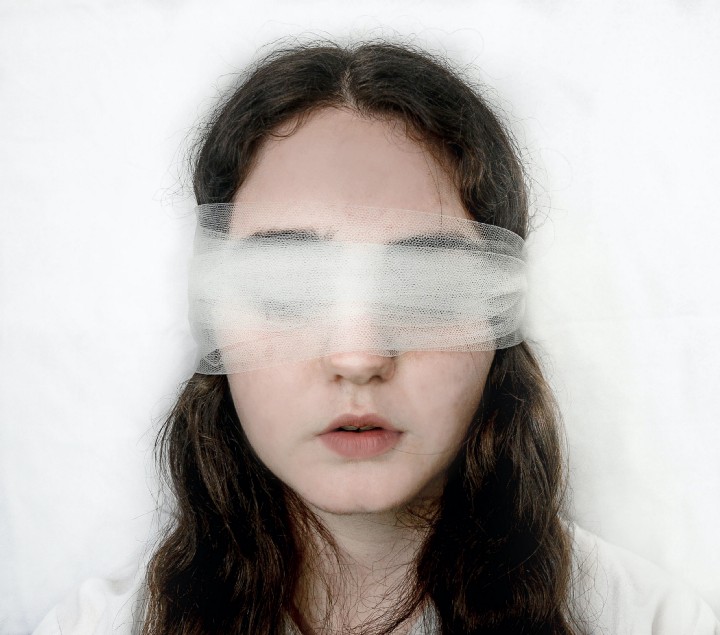
23 Aug I Don’t See You As Black
What do we mean when we say these odd things? — Part 2 of 2
In my last post I wrote about what it might mean when White people say “I don’t see color.”
In this post I want to talk about another thing we often say and give you some examples of how Black folks might respond.
I don’t see you as Black
There’s only one interpretation I can think of for that statement:
I believe the negative stereotypes about Black people, but you’re not like them. You don’t act the way I expect Black people to act. You’re an exception.
I wouldn’t even know where to go from there. It’s just bad. Try not to say it.
Following are conversations I heard in three different workshops on racial healing. I always took detailed notes and sometimes made recordings, so the dialogue is reproduced here fairly accurately.
Conversation #1
A White woman gave a long speech about how she was free of all prejudice. Then she looked at a Black woman and said, “For example, I don’t see you as Black.”
“What do you see me as?” asked the Black woman.
“I just see you as Lakisha.”
“And if you had to describe my physical appearance, what would you say?”
“Well,” said the White woman, “I’d say you were medium height, middle-age, with very curly hair.”
“You wouldn’t mention my brown skin?” asked Lakisha.
“Heavens no!”
“Why not?”
“Because that would mean you were . . . “ And that’s where she stopped talking.
Lakisha finally said, “If you don’t see me as Black, then you don’t see me at all.”
Conversation #2
White woman: “I don’t like all this emphasis on differences. We’ll never get past racism if we put so much focus on that. We should be talking about all the ways we’re the same.” Then, looking at the Black woman seated next to her, she said, “You and I are more alike than different. When I look at you, I see another human being. I don’t see you as Black.”
Black woman: “What do you mean by that?”
White woman: “Just what I said — you and I are alike.”
Black woman: “You mean I’m like you?”
Ww: “Yes! Exactly!”
Bw: “So how do I get other White people to treat me the same way they treat you?”
Ww: “Well . . . it’s just that . . . “
Bw: “Or do you mean you’re like me?
Ww: “Not that so much . . . “
Bw: “Why not? Why doesn’t it work both ways?”
And that’s where the conversation ended, because the White woman started crying.
Conversation #3
Susan, who’s White, said to Alan, whom she’s known for many years, “To me, you’re just my friend Alan. I forget that you’re Black all the time.”
Alan said, “What about all these incidents we just been discussing — things that happen to me on a daily basis because I’m Black. Do you forget that too?”
“Oh no, of course I don’t,” said Susan.
“Why do you think I experience racism constantly?” he asked.
“Well, because you’re Black,” she answered. Then, “Okay, I get your point. I guess I can see you as Black, but I don’t have to like it.”
“I love being Black,” said Alan.
End of conversation.
Do you see how problematic this is? No matter how we spin it, if we who are White aren’t able to see Black people in their full reality — not only the beauty of their color, but also their experiences — then we’re useless as allies. If we claim we want to do the work of dismantling racist systems and building just communities, we have to see everything.
Does “I don’t see you as White” mean the same thing?
In 1968, during my sophomore year in college, I had a Black roommate. She was from the South Side of Chicago and had been active in the Civil Rights Movement there. She and her friends held a Black Sisters gathering regularly in our dorm room to talk about the changes they wanted to see on campus and how they would go about making their demands.
I came from a 99.98% white suburb of Chicago, and I heard things in that dorm room I’d never heard before. Often they were angry. They talked about Black Power and used unfamiliar words for White people. The first time this happened, I sat on the floor in the corner (my bed, desk, and chair were occupied by Black women) and tried not to look shocked.
During the second Black Sisters gathering, I asked, “Would you be more comfortable if I left the room? I can go study in the lounge.”
One student asked, “Are you uncomfortable with us?”
I said, “No, but I don’t know how you feel about having a White person listening to everything you’re saying.”
“You stay here,” she said. “We don’t think of you as White.”
I was not insulted; I was grateful. The education I received sitting with those powerful young women has served me throughout my life. Some of the things they said were really difficult to hear, so I got to practice facing my fragility. When I said something stupid — which happened quite often — one of them would say, “Well that was stupid.” If I talked too much, they told me to shut up and listen. It was a tough start to my race education, but I wouldn’t change anything. They were among my first teachers and I honor them.
I would love to hear about your experiences. Have you said dumb things in a conversation about race? What happened? What did you learn?
Photo by Emily Rose: https://www.pexels.com/photo/woman-in-blind-fold-2893996/



No Comments